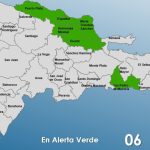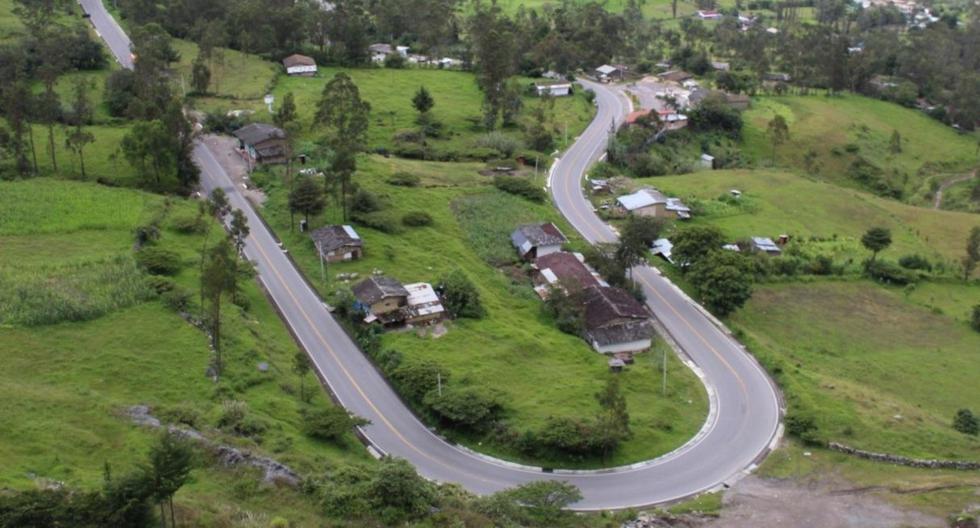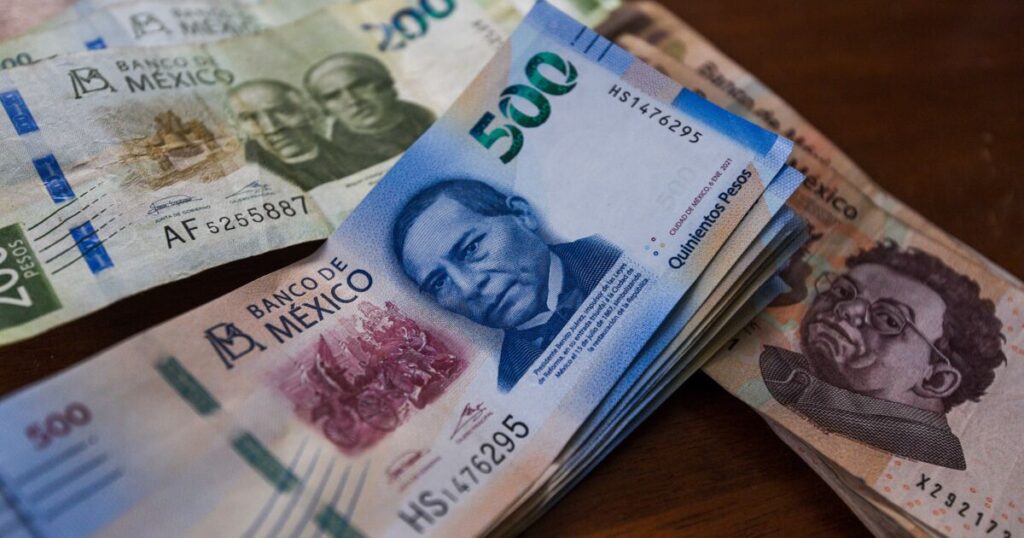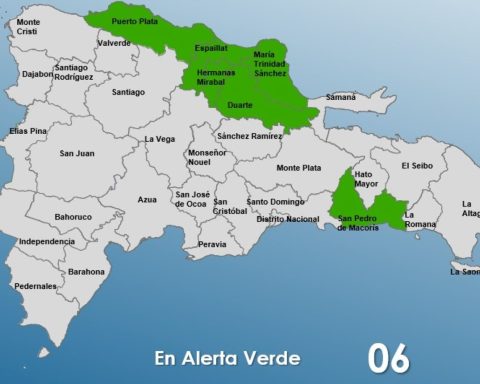The World Health Organization (WHO) warned on Tuesday that the enormous amount of waste caused by the covid-19 pandemic poses a threat to health and the environment.
That garbage “threats human and environmental health and highlights the urgent need to improve waste management practices,” the UN agency declared.
With countries rushing to get personal protective equipment (PPE) to deal with the crisis, not enough attention was paid to ensuring that waste treatment was done safely and sustainably, the WHO explained.
The report highlights the impact of the 1.5 million PPE (approximately 87,000 tons) administered between March 2020 and November 2021 and issued to countries through the United Nations system, a small part of the total.
Most of this equipment likely ended up in the trash, the WHO said.
“It is absolutely vital to provide workers with suitable PPE. But it is also vital to make sure it can be used safely without impacting the environment,” said WHO Emergencies Director Michael Ryan.
In addition, more than 140 million covid-19 test kits were distributed, which could generate 2,600 tons of non-infectious plastic waste and 731,000 liters of chemical waste.
About 97% of the plastic waste from the tests is incinerated, according to the report.
And the first eight billion doses of the anticovid vaccine administered worldwide produced 143 tons of garbage, including syringes, needles and safe deposit boxes.
The WHO does not recommend the use of gloves for the administration of anticovid vaccines, but the report notes that this is a common practice.
Practical solutions
The 71-page report points out that even before the pandemic began, safe medical waste management was insufficient.
Covid-19 made the situation worse.
According to the latest available data, from 2019, 30% of healthcare facilities worldwide lack a secure medical waste management system. In less developed countries, that proportion is close to 60%.
“This potentially exposes healthcare workers to needlestick injuries, burns, and pathogenic microorganisms, and also has an impact on communities living near open-air dumps and other landfills, either through air pollution from burning of waste, due to poor water quality or disease-carrying insects,” the WHO stressed.
The document recommends practical solutions such as a more rational use of PPE, using less packaging, developing reusable PPE, using PPE made from biodegradable materials, investing in waste treatment that does not involve incineration, or investing in local PPE production.











